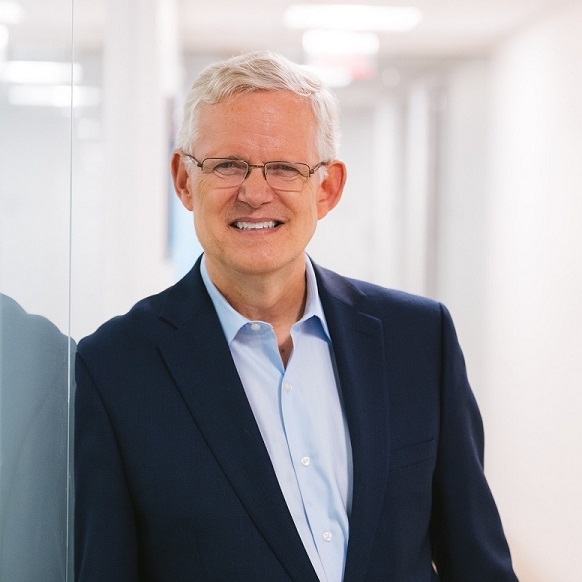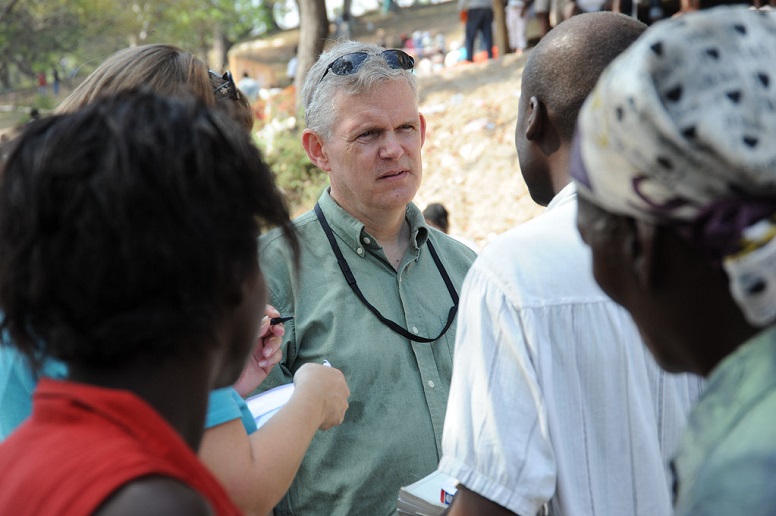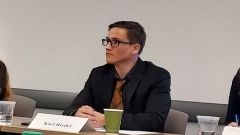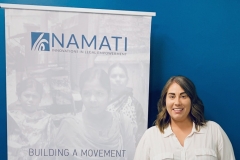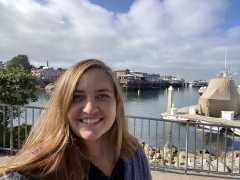Five Middlebury Institute Students Win Presidential Management Fellowships
| by Jason Warburg
Five Middlebury Institute students have earned the opportunity for rapid advancement in the government policy arena through the competitive Presidential Management Fellowship program.

